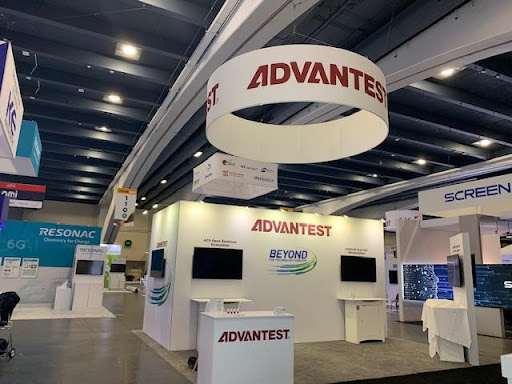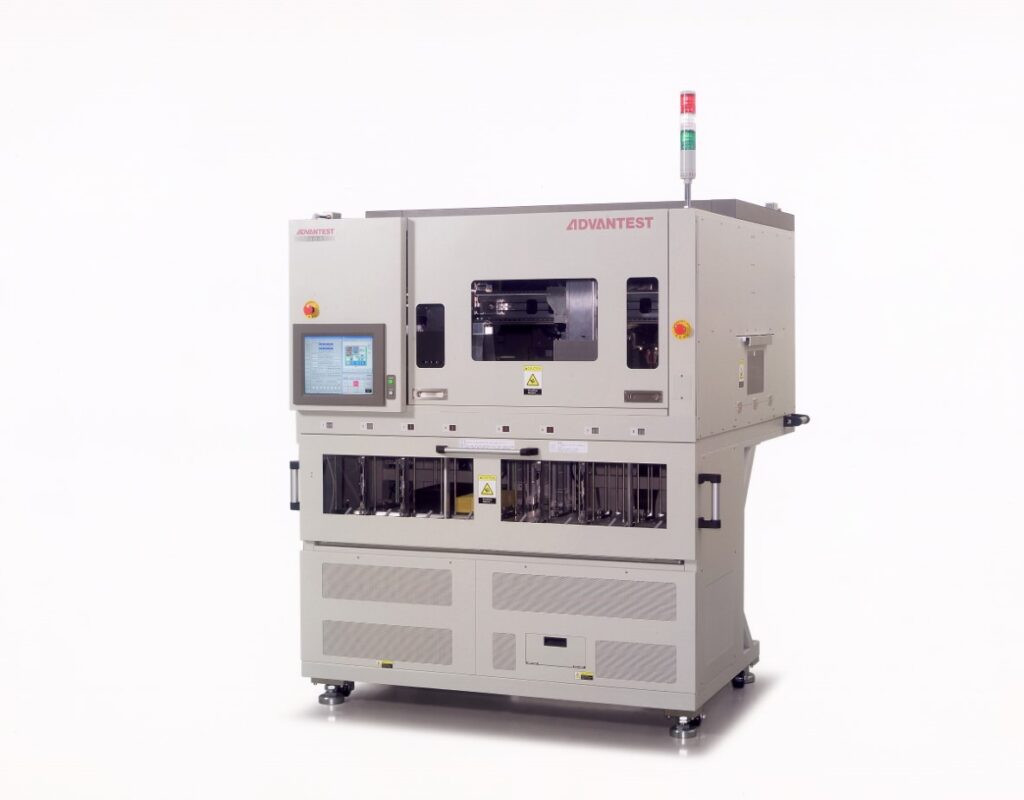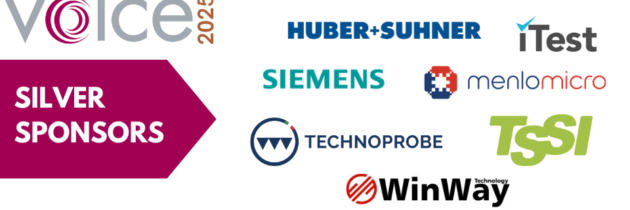The Revolutions and Repercussions of the Semiconductor Industry (Podcast Season 2, Episode 10)

In this episode of Advantest Talks Semi we demystify the complex interplay of semiconductors and the automotive sector. Buckle up as we navigate this intricate landscape with Malcolm Penn, the CEO of Future Horizons.
From deep-diving into the cyclical nature of the semiconductor industry to early signs of industry recovery, Malcolm illuminates the market’s recent movements. He spotlights the explosive growth of China’s EV market and its strategic grip on the low-end market – a move that’s not to be underestimated by the established auto industries globally.
In the second half, Malcolm walks us through the intersection of the EV market and the rising demand for advanced semiconductors. We examine the reverberating effects of sanctions on the industry while underlining the growing importance of decentralized computing.
Toward the end of this podcast, catch Malcolm’s take on the current OpenAI media buzz and how AI chipsets are leaving an indelible impression on memory. We wrap the discussion with a look at how Avantest is riding the wave of innovation with its open solutions ecosystem Advantest ACS.
Download this episode now for your deep dive into the dynamic world of semiconductors.
Advantest Concludes Successful SEMICON West 2023 with Exceptional Booth Attendance
Advantest participated in SEMICON West 2023 on July 11-13 at the Moscone Center in San Francisco, California, which had a vast increase in overall attendance. There was a significant increase in foot traffic at Advantest’s booth as well, doubling the visitor count of last year. Advantest employees hosted many key customers and media outlets at the booth, showcasing our latest leading-edge test solutions.
Under the theme of “Beyond the Technology Horizon,” this year’s product showcase included our V93000 EXA Scale XPS module, inteXcell, ACS, T2000, and memory test platforms, highlighting our broad portfolio. We also promoted our ongoing corporate ESG initiatives. An AR/VR demo of the inteXcell and AI-generated portrait drawings from the ACS team, utilizing state-of-the-art technology, attracted crowds of interested parties who were eager to learn more about Advantest’s products.
In addition to the product showcase, Advantest employees gave six presentations at the 2023 Test Vision Symposium. Advantest sponsored the 2023 Workforce Development (WFD) and High-Tech U (HTU) programs, offering industry insight to young professionals and students looking to learn more about semiconductor technology and career opportunities in the industry.
Thank you to everyone who contributed to the success of SEMICON West 2023, and we look forward to next year.

Advantest’s booth at SEMICON West 2023.
Read MoreAdvantest Expands M4841 Handler with Active Thermal Control for Faster Device Throughput and Test Times
ATC 2.0 Option Enables Dynamic Multisite Sensing and Regulation of Device Temperature for Optimized Test of High-End Automotive SoCs
Advantest announced a new Active Thermal Control (ATC) option for its M4841 high-volume device handler in October. ATC 2.0 provides dynamic regulation of temperature fluctuations caused by automotive semiconductors self-heating during test, helping to ensure more accurate production test of up to 16 advanced systems-on-chip (SoCs) in parallel with higher throughput and shorter test times.
Massive amounts of data processing are required for devices used to power electric vehicles (EVs) and other fast-growing, data-intensive automotive applications such as infotainment systems and forthcoming Level 4 autonomous driving. Advances in semiconductor manufacturing processes bring improvements in functionality as well as enhanced power efficiency for these advanced devices. As a result, thermal design power is actually increasing, causing devices to self-heat during test and making it more difficult to control test temperature. This creates a need for handlers that can perform prompt, stable device temperature management.
Replacing the handler’s prior passive thermal control technology, integrated ATC enables the M4841 to provide a stable, consistent test environment with fast response and high load-tracking characteristics that maintain the device’s internal temperature at the set test temperature, even if dynamic heat fluctuation occurs during the test. This stability enables users to build test programs with unparalleled implementation flexibility – in turn, significantly enhancing overall test productivity.
Advantest’s M4841 handler with ATC 2.0 enables high-throughput test of up to 16 devices in parallel, yielding very high device volumes and supporting a range of complex ICs and packages. Its advanced performance capabilities and features make the M4841 the optimal test handler for high-volume production of devices used in consumer products such as portable digital equipment and automotive systems.

Advantest Receives PCI Express ® Gen 5 Certification for MPT3000 Solid-State Drive Test Systems
MPT3000 Is World’s First SSD Production Tester to Be Certified by PCI-SIG® for High-Speed PCIe® Gen 5 Compliance Testing
Advantest announced in September that its MPT3000 solid-state drive (SSD) test system has become the world’s first SSD production tester to be certified by PCI-SIG® for high-speed compliance testing of PCI Express® (PCIe®) fifth-generation (Gen 5 or 5.0) devices. Advantest completed the rigorous testing process and was awarded certification in August 2023.
Previously approved for PCIe 4.0 compliance testing, the MPT3000 is now also approved for official PCIe 5.0 compliance and certification testing. The PCIe 5.0 certification was awarded specifically to two key products in the MPT3000 family: the MPT3000ES3 for engineering and the MPT3000HVM3 for high-volume manufacturing.
PCI-SIG compliance testing ensures not only adherence to the PCIe standard but also product interoperability, providing integrators with Add Newthe confidence to adopt certified products for their application needs. Only equipment that has passed the PCI-SIG’s intensive series of compliance tests – including electrical, protocol and interoperability tests – can be included in the PCI-SIG’s official Integrators List.
Since its introduction in 2014, the MPT3000 has become the de facto industry standard for SSD test, with a broad installed base of customers that includes integrated device manufacturers (IDMs), fabless chipmakers, and outsourced semiconductor assembly and test (OSAT) providers. Combining Advantest’s expertise in high-speed system-on-chip (SoC) testing with state-of-the-art electronics architecture, the MPT3000 features multi-protocol capability and high parallelism to enable full performance testing of a range of SSD form factors.
As SSDs increase in speed, thermal management becomes a bigger challenge. The most recent additions to the MPT3000’s capabilities, announced in early August 2023, are the Independent Thermal Control (ITC) device interface boards (DIBs) and Engineering Thermal Chamber (ETC). These new thermal control products were developed to manage higher-wattage PCIe Gen 5 devices and are compatible with all SSD form factors tested on the MPT3000ES3 and MPT3000HVM3 systems, enabling manufacturers to accelerate testing within actively controlled thermal environments.
Read More
